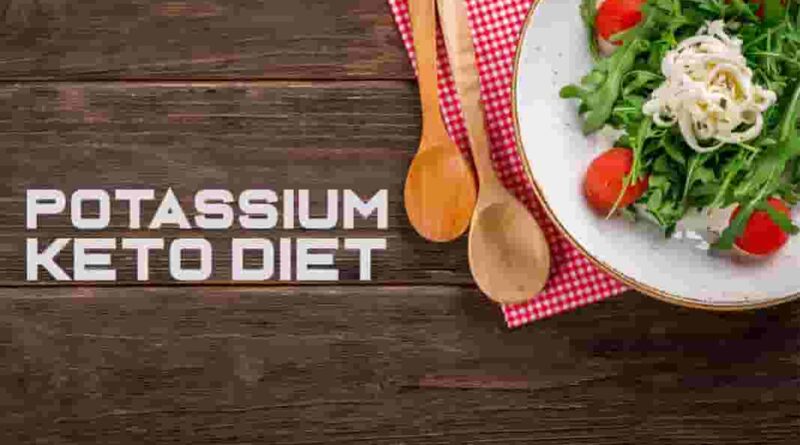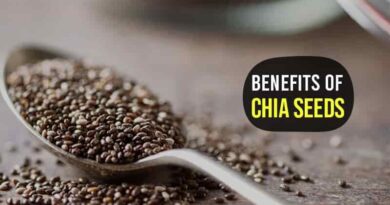Why Is Potassium Important And How to Add It In Your Ketogenic Diet
Potassium is an essential mineral in the human body. The mineral is an electrolyte, meaning it dissolves in water to produce positively charged ions, and it conducts electric ions throughout the body. Potassium is responsible for several body processes, such as regulation of the body fluids, nerves, and muscle contractions. Potassium deficiency or in excess can affect the proper functioning of the various body organs.
Table of Contents
Benefits of Potassium In The Body?
1. Potassium Regulates the Nervous System
The nervous system is responsible for transmission impulses between the brain and the body. It helps to regulate the reflexes, the heartbeat, contraction of the muscles, and much more.
Low levels of potassium affect how the body generates nerve impulses.
2. It Regulates the Contraction of Muscles
Low levels of potassium weaken the contractions of muscles, causing muscle cramps. Additionally, it results in to slow heartbeat.
3. Balancing Other Electrolytes
Potassium helps in balancing other essential electrolytes in the body. It works together with other minerals such as magnesium and sodium for the proper functioning of the body organs.
4. Prevents Breathing Problems
Potassium helps in the proper functioning of the muscles of the breathing system. Low levels of potassium can lead to weak contraction of the lung muscles, causing difficulty when breathing.
5. Regulates Blood Pressure
Potassium works with sodium to counterbalance the electrolytes. High levels of sodium can result in blood pressure. Potassium removes excess sodium in the body and is excreted through urine.
Potassium works to relax the blood vessels decreasing blood pressure for people who suffer hypertension.
Keto Potassium Diet: How to ADD
A keto diet is safe and effective in achieving your fitness goals. However, you have to ensure you are taking foods that are rich in essential minerals such as potassium, sodium, and magnesium.
To ensure you get enough of this mineral, nutritionists suggest that you add large quantities of dark and leafy green vegetables, fruits, meat, and other foods that are rich in these minerals.
However, if you cannot meet the requirements of potassium in a keto diet, consider taking the supplements to meet daily demands for the electrolyte.
Additionally, ensure that you strike a balance between sodium and potassium because they counterbalance each other. To regulate the amount of sodium in the body, watch out for the amount of salt you intake.
An example of foods high in potassium keto diet is Swiss chard, mushrooms, avocado, spinach, broccoli, cucumber, peas, and beet greens.
[ Read: Lose Weight with Ayurveda ]
How Much Potassium Should You Take?
Most people do not meet the required daily intake of potassium. According to the National Institute of health in the US, recommends the adequate intake of potassium as follows:
For males above 19 years, the potassium intake should be at 3400 mg and 2600mg for women. But during pregnancy, the dosage should be increased to 2900 mg.
Conclusion
Most keto dieters fail to take adequate potassium in the low carb diets. If you cannot meet the daily intake of potassium and other minerals from your food, consider taking dietary supplements. Acute potassium deficiency can cause serious health issues.
Recommended Articles:




